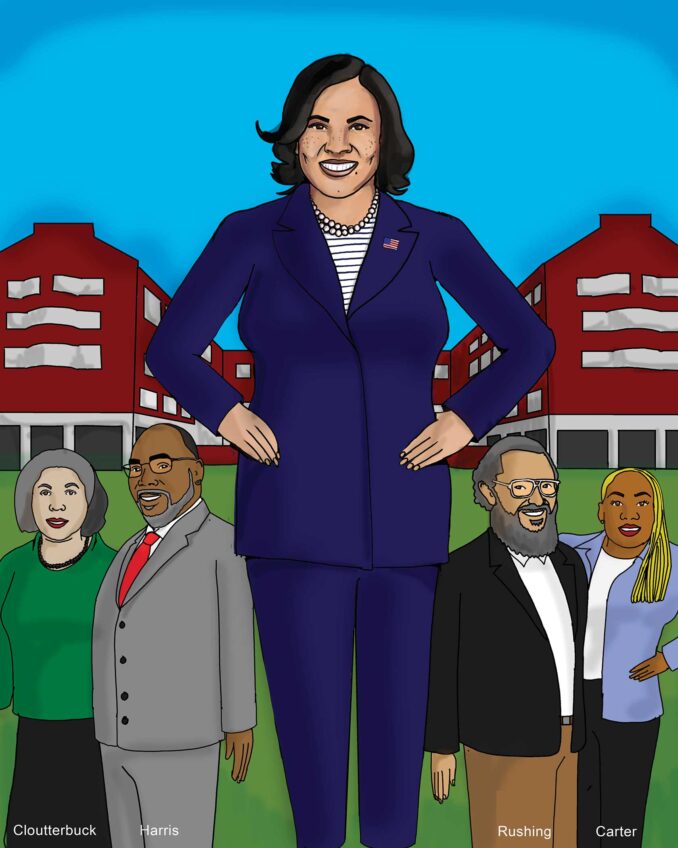Professional football is a very hazardous sport. Some former players of the NFL have suffered dementia from concussions received in football games. Management of the NFL finally acknowledged responsibility for permanent damage inflicted on players from head injuries and a fund was established to provide settlements to injured players. But as in most beneficial programs, Black former players are being short changed.
According to a report in the New York Times, the method used to assess the qualification for benefits is race-based and Black applications have been disproportionately rejected. The cognitive skills of a Black player would have to be lower than those of a white player in order for the Black to benefit. The assumption of the test was that the cognitive norms of the Black player were lower than those of the white player before any injury. Consequently it was expected that the Black player would have a lower result on the test.
The lawyer for Black players filed suit against the NFL and the U.S. district Judge Anita B. Brody, who has been involved in the case since 2012, ruled that the race-based evaluation method be removed. According to the report, this should create an opportunity for numerous Black players to qualify for benefits.
It appears that the NFL management made a cursory assumption about the genetic inferiority of Black football players. The assertion of white supremacy takes many forms.






